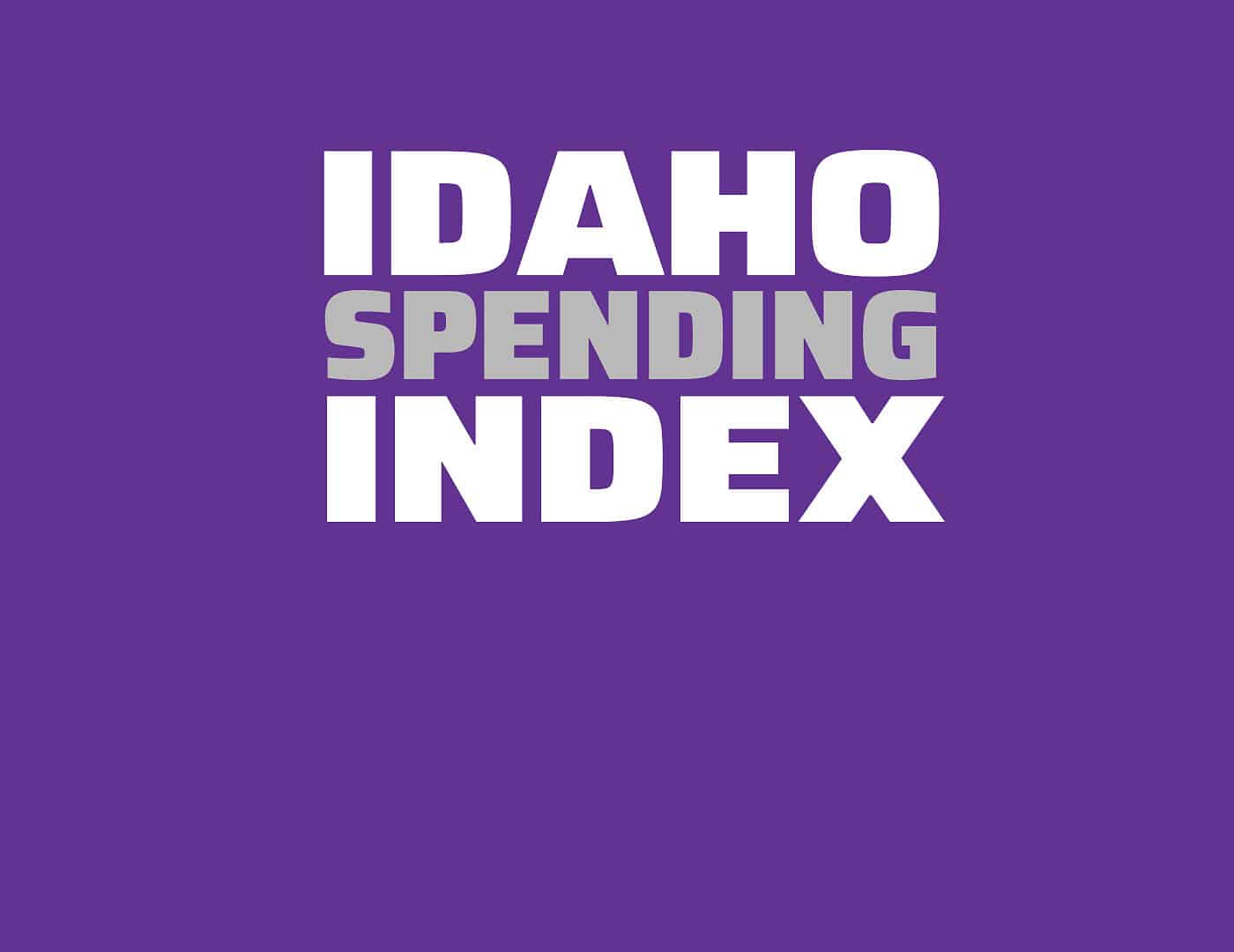


The Idaho Spending Index serves to provide a fiscally conservative perspective on state budgeting while providing an unbiased measurement of how Idaho lawmakers apply these values to their voting behavior on appropriations bills. Each bill is analyzed within the context of the metrics below. They receive one (+1) point for each metric that is satisfied by freedom-focused policymaking and lose one (-1) point for each instance in which the inverse is true. The sum of these points composes the score for the bill.
Analyst: Niklas Kleinworth
Rating: -4
Bill Description: Senate Bill 1159 appropriates $204,546,900 and 48.00 full-time positions to the Department of Commerce for fiscal year 2024.
Does this budget enact powers and activities that extend beyond the proper role of government? Conversely, does this budget fulfill the proper role of government?
The primary function of the Department of Commerce is to aid “in the creation of jobs, generating economic growth, creating economic opportunities, and advancing the well-being and prosperity of Idaho Citizens.” A free-market system breaks when the government adopts central market planning and private handouts in the form of grants as a duty of the bureaucracy. In this configuration, the government is taxing citizens to subsidize industries and businesses they feel are more important, thwarting market forces. This is the design of the Department of Commerce, which steps outside the proper role of government.
(-1)
Is the maintenance budget inappropriate for the needs of the state, the size of the agency, or the inflationary environment of the economy? Conversely, is the maintenance budget appropriate given the needs of the state and economic pressures?
This legislation sets the maintenance budget for the Department of Commerce at $98,784,300, growing from the base by 163.6% in the last three years. This rate is staggeringly faster than what would be prescribed by inflationary pressures and growth. The growth seen in the base of this budget is largely due to the injection of just over $55 million in federal funds to support new ongoing programs and subsidies.
(-1)
Does the budget grow government through the addition of new permanent FTPs or through funding unlegislated efforts to create new or expanded entitlement programs? Conversely, does this budget reduce the size of government staff and programs except where compelled by new legislation?
Senate Bill 1159 seeks to add another four full-time positions to administer more than $335 million in broadband infrastructure grants. These grants come with many federal strings attached, making them complicated to administer. The Department believes that these additional personnel would ensure that grants are distributed appropriately. However, the department already received four, limited-service positions to administer Infrastructure Investment and Jobs Act (IIJA) broadband infrastructure grants in the 2023 fiscal year.
This would add another two positions to administer IIJA grants, with two more to deal with those for the American Rescue Plan Act (ARPA). In theory, these positions will leave the department when the balance of these federal funds is exhausted. Although, it is more common for positions like these to be reappropriated to deal with new federal grants with new, more elaborate requirements. The addition of these positions increases the size of government for the benefit of distributing federal funds.
(-1)
Does this budget perpetuate or expand state dependence on federal dollars, thereby violating principles of federalism? Conversely, does this budget actively reduce the amount of federal dollars used to balance this budget?
In the original appropriation for the 2023 fiscal year, the Legislature provided $10,890,400 from the ARPA Capital Projects Fund and $100,000,000 from the Infrastructure Investment and Jobs Act for broadband development. A supplemental appropriation made in Senate Bill 1129 would add another $124 million in funding from ARPA, more than doubling 2023 appropriations for these projects. The total appropriation of federal funds for broadband development would approach $235 million, should SB 1129 pass.
Senate Bill 1159 would add yet another $100.3 million in federal funding for the development of broadband infrastructure throughout the state. This means that the programs administered by the Department of Commerce are 81% federally supported. This budget also allows for carryover authority for any unspent broadband funding from the prior fiscal year. This means that the department will be managing more than $335 million in broadband spending for the 2024 fiscal year.
ARPA and the IIJA were largely partisan measures from Washington, DC, because they represented gross federal overreach and a massive surge in the national debt. These concerns were compounded by issues of state sovereignty since the federal government is paying for the newest broadband developments in Idaho on the backs of our grandchildren. This supplemental appropriation represents the staggering growth of Idaho’s dependence on the federal government.
(-1)

